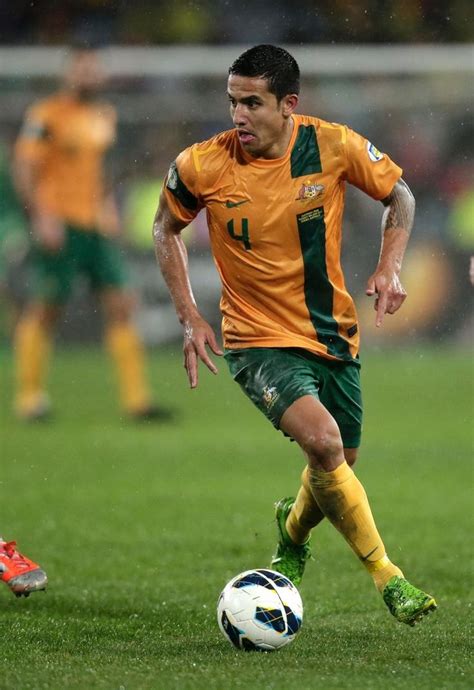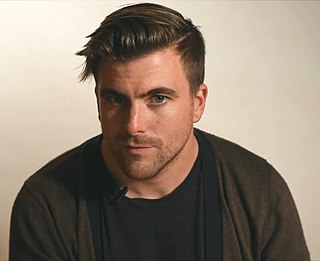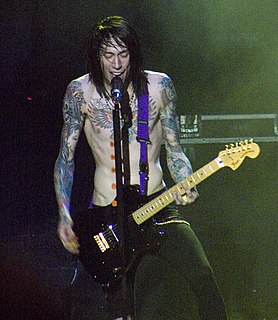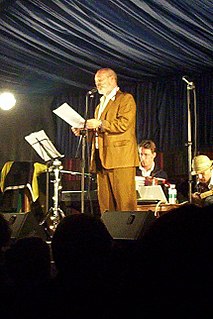A Quote by Timothy F. Cahill
I'm a very traditional person. The tattoos are about my grandmother dying and they tell the story about my mother and father, my brothers and my sister, my kids. It's pretty much a family tree on my arm with my life in football too.
Related Quotes
Sometimes [people] say the apple doesn't fall too far from the tree. In my case, I am pretty fortunate. [ My kids]'re pretty balanced, cool kids, going through pretty much the same thing all the other kids go through. There's nothing unique about me as a parent. I am a parent. My kids are kids. We do the best we can do. I don't think they know a lot about what I do, other than that I am in this crazy band, Mötley Crüe.
One respect in which I'm very much my father's son is how I feel about Joyce. 'Ulysses' is very much about daily life, when you get into this other guy's life and you learn about the things he cares about, and why he cares about them. And then, very indirectly, very subtly, you learn why politics has impacted his life, too.
My family background really only consists of my mother. She was a widow. My father died quite young; he must have been thirty-one. Then there was my twin brother and my sister. We had two aunts as well, my father's sisters. But the immediate family consisted of my mother, my brother, my sister, and me.
My family fled Iran in October 1978 as a result of the coming revolution when I was two years old. In the early days, my entire family lived together in a very crowded house, where I shared a room with my sister, cousin, and grandmother, and we would all listen to my grandmother tell stories before bedtime.
My mother, father and brothers (I was the youngest of three boys), were all very sarcastic and we were a complete Irish-Catholic family. We didn't talk about our feelings ever, and if we did, we were yelling about them - there was no in-between. That's just carried over so many ways in my life and sabotaged relationships, sabotaged creative stuff.
I had the experience of having my grandmother in a nursing home at the end of her life, and had dementia set in with my father. He was in a nursing home with dementia at the end of his life, but it happened for me personally 10 years ago. My father was much older than my mother, so I experienced it as a pretty young person. People's parents die at various ages, but my father died of mortality. He died of being an old person. Illness and stuff happened, but essentially, he was old and he was going to die.
I always was a weird child. My mother told me the story that, in kindergarten, I would come home and tell her about this weird kid in my class who drew only with black crayons and didn't speak to other kids. I talked about it so much that my mother brought it up with the teacher, who said, 'What? That's your son.'
I don't know if it's unique, but I know many Korean American people of my generation who want to know about their grandparents' lives in Korea, but their family members won't tell them because it's too painful. But my grandmother is just a natural storyteller, and she very openly spoke about really difficult times in her life.
My mother was Welsh and I loved going to Wales every summer, where Uncle Les had a farm. My mother had seven brothers and a sister and they were all very close. There would always be food on the table and uncles coming in and out. My father's family were English and lived in London, and we didn't really see them.





































